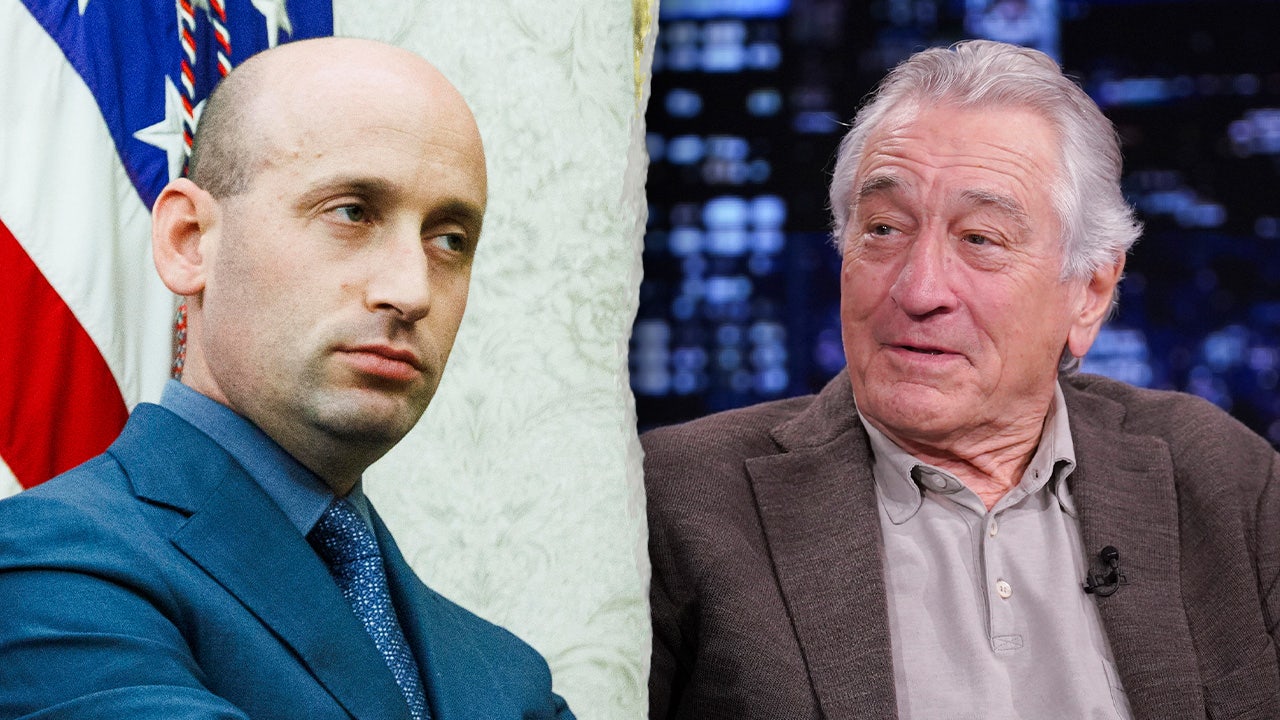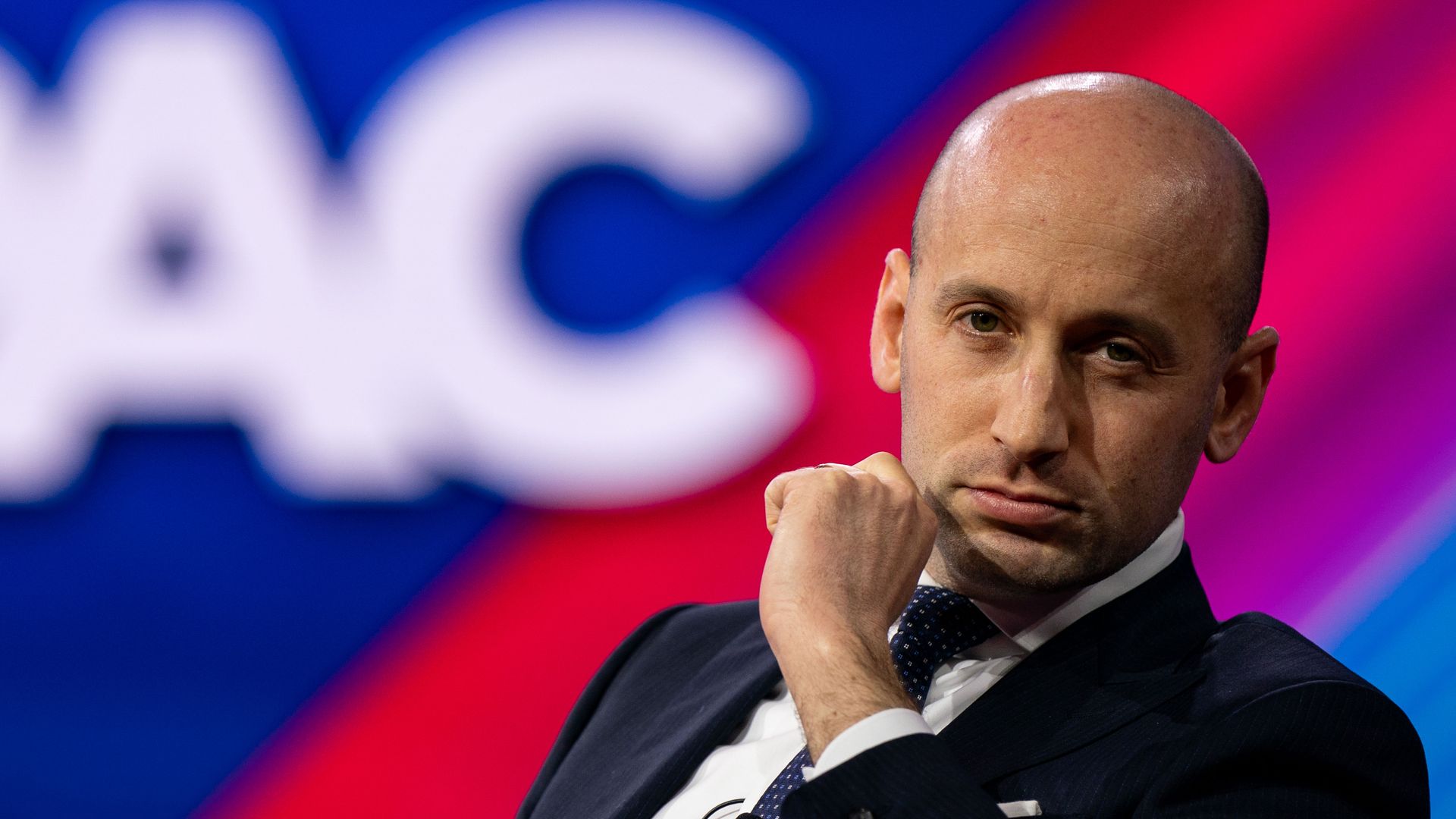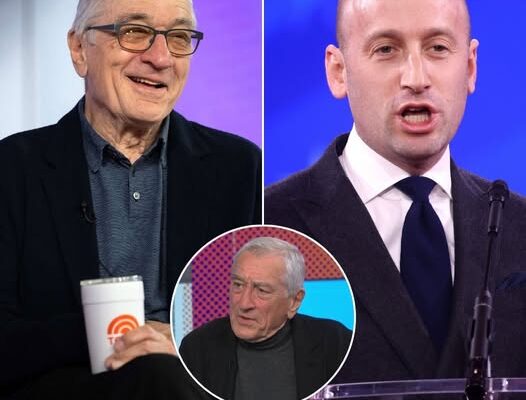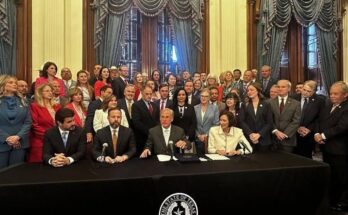Robert De Niro called Stephen Miller a “Nazi” live on an MSNBC interview, igniting debate across networks and social media alike. Known for never backing down from controversy, De Niro doubled down on his comments, insisting he “won’t apologize for calling hate what it is”
Robert De Niro Sparks Firestorm After Calling Stephen Miller a “Nazi” Live on MSNBC

Robert De Niro has never been one to mince words, but his latest outburst has set off one of the fiercest political debates of the year. During a live appearance on MSNBC’s The Last Word with Lawrence O’Donnell, the Oscar-winning actor stunned both the host and viewers when he referred to former White House adviser Stephen Miller as “a Nazi,” prompting audible gasps in the studio and an almost immediate online eruption.
The moment came during a discussion about the state of American democracy and the resurgence of extremist rhetoric in modern politics. De Niro, known for his sharp political commentary and open criticism of President Donald Trump and his administration, had been speaking about the dangers of “normalizing hate” when his comments took an incendiary turn.
“Let’s call it what it is,” De Niro said, leaning forward in his chair. “Stephen Miller — that man’s a Nazi. You can dress it up in policy, in speeches, in talking points, but the ideology? It’s hate. It’s white nationalism, plain and simple.”
For a brief moment, the air in the studio seemed to freeze. Host Lawrence O’Donnell appeared taken aback but allowed De Niro to continue. “We’ve reached a point where people who peddle hate have platforms and power,” the actor went on. “If I sound angry, it’s because I am. We’ve seen this before in history, and we can’t just sit and pretend it’s politics as usual.”
Within minutes of the live broadcast, clips of the exchange went viral. On X (formerly Twitter), reactions split sharply down political lines. Supporters of De Niro hailed the actor for speaking “truth to power,” with one user writing, “Finally, someone said it out loud. Miller’s rhetoric has always been rooted in extremism.” Others praised the actor for his moral clarity, arguing that “Hollywood’s silence has gone on too long.”
But not everyone was applauding. Critics accused De Niro of crossing a line, calling the comment “reckless,” “defamatory,” and “beneath him.” Conservative commentators on Fox News and other outlets immediately condemned the remark, with some calling for an apology and others accusing MSNBC of platforming “hate speech masquerading as activism.”
Stephen Miller’s organization, America First Legal, issued a statement hours later denouncing De Niro’s remarks as “vile and defamatory,” calling them “the desperate ramblings of a fading celebrity.” Miller’s team reportedly sent a formal complaint to MSNBC, demanding a retraction. The network, however, has not commented publicly on whether it plans to issue an apology or remove the clip from its archives.
De Niro, for his part, appears unfazed. Later that evening, he released a brief statement through his publicist, standing by his words: “I’ve spent my life studying characters, history, and humanity. Sometimes the truth is uncomfortable. But silence in the face of hate is complicity.”
The controversy has reignited broader discussions about free speech, celebrity influence, and the intersection of politics and entertainment. Media scholars point out that while De Niro’s words were inflammatory, they reflect a growing trend of artists using their platforms to confront issues once deemed too politically charged for Hollywood.
Still, even among those sympathetic to his message, some have questioned his phrasing. “There’s a difference between condemning ideology and labeling individuals with terms that carry historical weight,” one media analyst said. “It risks shutting down the very conversation he’s trying to open.”
For De Niro, though, the debate seems secondary to conviction. In an age of outrage and outrage fatigue, he remains steadfast in his role as Hollywood’s most unapologetic political voice.
And as the clip continues to dominate headlines, one thing is certain — Robert De Niro didn’t just speak his mind. He lit a fire that won’t be put out anytime soon.
Stephen Miller claps back

Stephen Miller lambasted Robert De Niro as a “sad, bitter, broken old man” Wednesday after the “Goodfellas” actor branded him a “Nazi” over the weekend.
“He has not made a movie worth watching in at least 30 years. Probably the longest string of flops. Failures, embarrassments,” Miller said on “Hannity.”
“This man has been degrading himself on camera with one horrific film after another for my entire adult life, and he’s not taken seriously by anybody, not by his family, not by friends, not his community.”
“He’s a shell of a man, and everyone disregards everything he says.”



